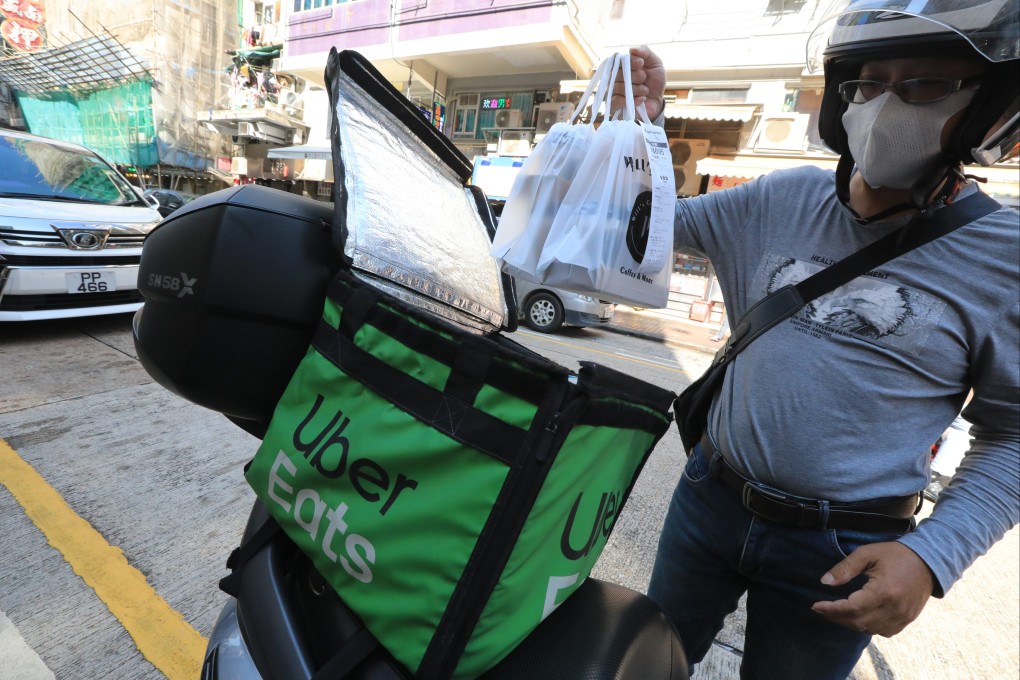Letters | Hong Kong’s Covid-19 rule requiring motorcyclists to wear a mask is overkill
- Readers discuss how wearing a mask can be dangerous while riding a motorcycle, why those who test positive for Covid-19 should not be penalised, John Lee’s plan to shake up the civil service, and the UN’s role during a war

It is madness for the Hong Kong government to require motorcycle riders to wear a face mask. They are either alone or at most with one other passenger who is usually a close contact. They are outside in the “fresh” air. They are, by definition – hopefully – socially distanced from other drivers, riders or pedestrians.
Wearing a mask on a motorcycle in the heat or rain of Hong Kong is uncomfortable and dangerous as the mask can move around, make the skin itch and, most significantly, cause fogged glasses or visors. Looking out for ticket-happy police officers is also an unnecessary distraction.
There are no conceivable Covid-related health benefits to wearing a mask on a motorcycle, while it is equally obvious that masks unnecessarily increase the risks for motorcyclists using an already relatively dangerous mode of transport. Can the Hong Kong government please immediately revoke the mandate to wear a mask while riding a motorcycle?
J. Herbert, Sai Kung